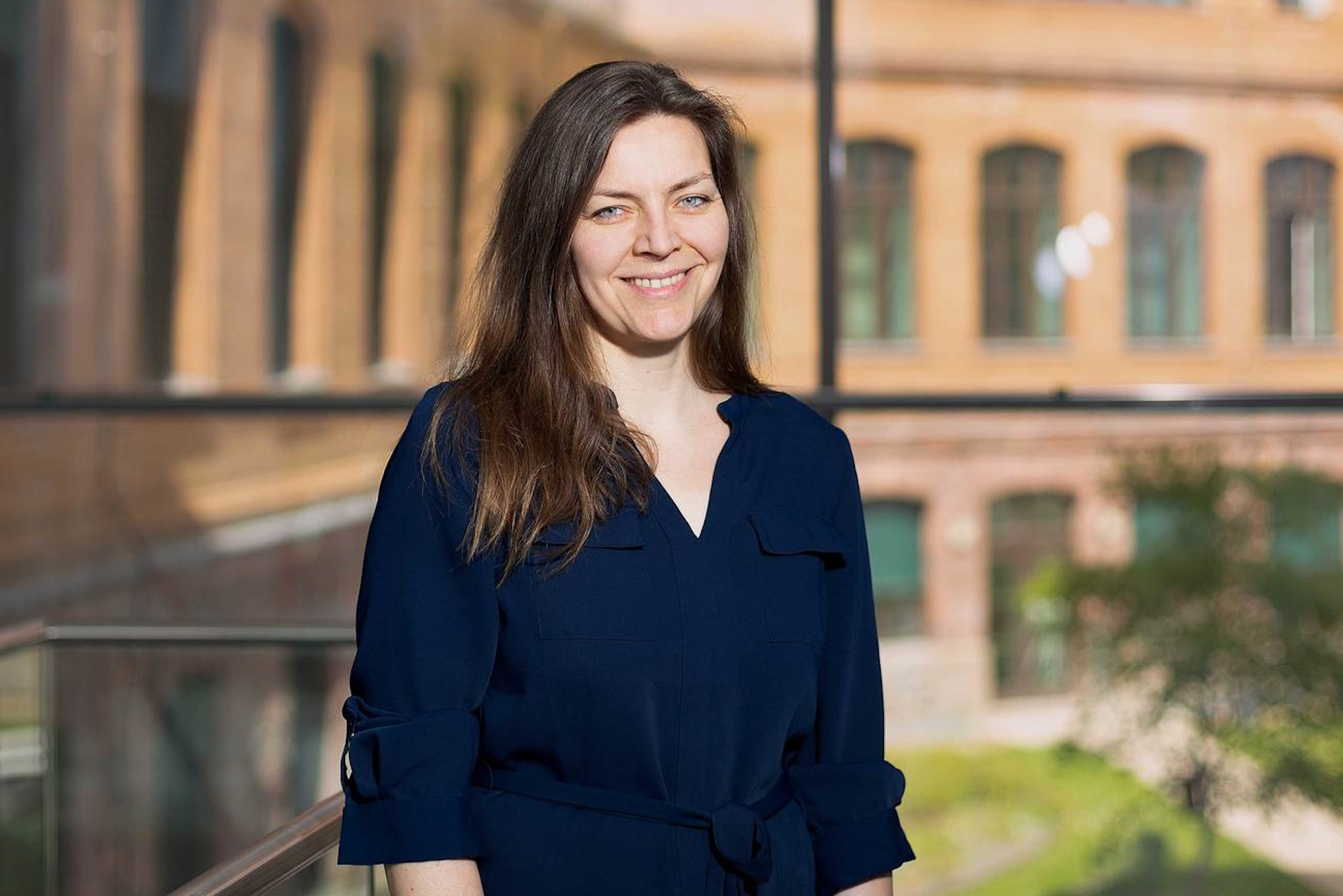Social isolation is likely to have a negative effect on brain functioning. In people with little social contact and over the age of 50, the structure of the brain’s gray matter decreases more over time than in people who are less isolated. In addition, cognitive performance becomes weaker. These are the results of a study conducted by the University Medical Center Leipzig in collaboration with the Max Planck Institute for Human Cognitive and Brain Sciences.
The gray matter controls all functions of the brain as well as all functions of the central nervous system. In their current study, the Leipzig scientists showed that people over the age of 50 who had little social contact experienced an accelerated decrease in this substance in the hippocampus and cerebral cortex. Longitudinal data from 1,900 participants in the research project also indicate that people who maintain or expand their social network better maintain their brain structure and intellectual capacity than those who live in social isolation.
“Finding these effects in healthy people suggests a causal relationship between social isolation and a faster decline in cognitive functioning. In addition, we were able to find evidence that this lifestyle-dependent change in the brain is significant from the age of 50. Therefore, it must be Preventative measures against cognitive decline start too early.” Veronica Witt, latest publication author and scientist at the University Medical Center Leipzig and at the Max Planck Institute for Human Cognitive and Brain Sciences.
The social isolation of the study participants was recorded using standardized questionnaires. They underwent an extensive test lasting several days where their medical resume and current health status were examined. A range of cognitive tests were used to determine the subjects’ performance in terms of memory, attention and mental flexibility. Brain architecture was recorded using high-resolution 3 Tesla MRI images and computer-aided assessment procedures.
How is social isolation related to dementia?
“The findings confirm the importance of social isolation for dementia, a serious condition that affects tens of millions of people worldwide. The study provides important information for maintaining population health and individual well-being. In addition, our findings allow us to point out the importance of combating social isolation effectively and preventive action against dementia,” says PD scientist Dr. Whit.
Thanks to the large samples and repeated testing in the LIFE Population Study of the University of Leipzig, the relationship between social isolation and brain structure and cognitive functions can be examined with a particularly high quality.
Dementia is one of the main research areas of the Cognitive Neurology Day Clinic at the University Hospital Leipzig in collaboration with the MPI for Cognitive and Neurosciences and the Institute for Social, Occupational and Public Health Medicine (ISAP) of the Medical Faculty. In the future, scientists want to take a closer look at the nature of the relationship between social isolation and cognitive health in order to develop new strategies for preventing and treating dementia through a better understanding of the underlying mechanisms. Social values such as community and solidarity appear to be levers to reduce social isolation and thus possibly slow cognitive aging.
The study was funded by the German Research Foundation (DFG), the European Union and the Free State of Saxony.
originalpublication In “eLife”: Effect of social isolation on gray matter structure and cognitive functions: a population-based longitudinal neuroimaging study.

